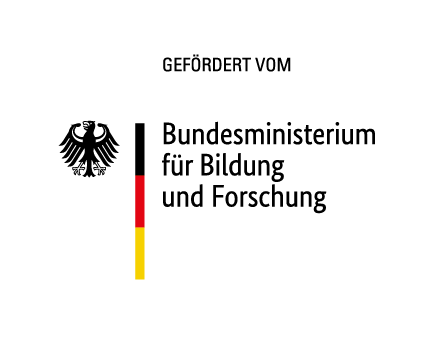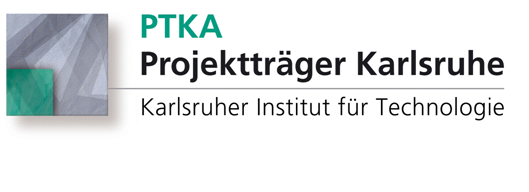
DiMeAs: Digitale Medizinische Assistenz zur Betreuung von Parkinson-Patienten
Klinikum Lippe is one of the largest municipal hospitals in Germany and is part of the OWL University Hospital at Bielefeld University. At the Detmold, Lemgo and Bad Salzuflen sites, the hospital offers almost complete medical care and continuously invests in modern technology and qualified staff. This commitment makes it a pioneer in the Lippe healthcare region.
Challenges in nursing care
‘Caring for people with Parkinson's disease presents hospitals in Germany with immense challenges,’ says Prof Dr Christoph Redecker from the University Clinic for Neurology and Neurogeriatrics, describing the initial situation. The profession is suffering from a high workload, recurring documentation tasks and an increasing shortage of skilled labour.
Forecasts predict that the number of carers will fall sharply by 2049, while more and more people will require intensive care. For Parkinson's patients in particular, the large amount of therapy data and communication between specialists requires a great deal of coordination, which places an additional burden on carers who are already under a great deal of strain.
The cross-sectoral care of Parkinson's patients involves a large number of facilities (clinics, therapists, general practitioners). As the link between care and the patient, the nurse (PD nurse) is confronted with a flood of (currently: analogue) data and reports.
A digital assistant for nursing care
With the ‘DiMeAs’ project, the Lippe Clinical Centre and the Institute for Industrial IT want to break new ground. The focus is on the use of artificial intelligence (AI) to reduce the workload in nursing. ‘With an intelligent assistance system based on highly specialised language models, we want to support nursing staff in quickly accessing relevant information from patient files and specialist literature. This will enable them to make important decisions more efficiently and assess the patient's condition more precisely,’ explains Christoph-Alexander Holst from the Institute of Industrial Information Technology.
With an intelligent assistance system based on highly specialised language models, we want to support nursing staff in quickly accessing relevant information from patient files and specialist literature. This will enable them to make important decisions more efficiently and assess the patient's condition more accurately.
– Christoph-Alexander Holst, Institute for Industrial IT
Step by step towards an intelligent care assistant
The project starts with a precise analysis of the tasks in which AI can most effectively relieve carers. Concrete utilisation scenarios are developed through interviews and workshops. At the same time, a quality-assured data set is created, which forms the basis for the language model. In the long term, the system will be gradually introduced in the clinic, always taking ethical standards and data protection into account.
More relief, better care
‘The AI project improves the working conditions of nursing staff and at the same time increases the quality of care for patients,’ says Redecker happily. The Lippe Clinic is thus not only making an important contribution to healthcare, but also demonstrating how innovative technologies can make nursing care fit for the future.


